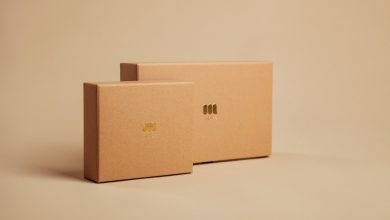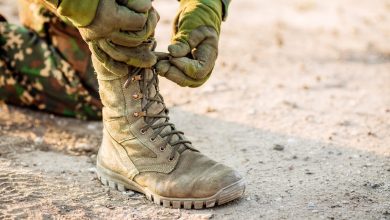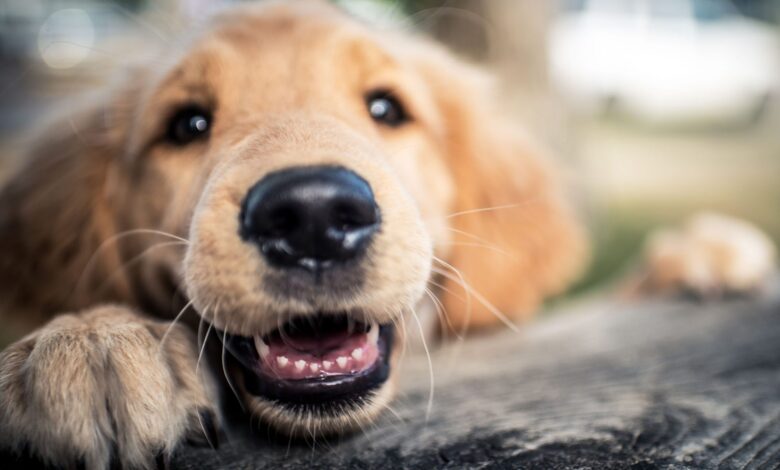
The Quirks of Puppy Teething
Puppies are downright adorable! Whatever breed they belong to, with their small round faces, short legs, and chubby frames, captivate our attention easily. There’s a downside to having a new puppy though. If you are a new owner, you might have this illusion that owning a dog means a quiet companion you could live with, a calm presence in the house, a clean housemate who will need just minimal supervision.
Errr, think again. Before that cute puppy transitions into a steady canine adult, you have to go through some almost-demonic puppy stages first. And by maniacal phases I mean: regular high-pitched yapping from your puppy, endless energy for play, messy puddles of pee, and poop everywhere! This could drive any dog owner insane! But the most frustrating of all is the unstoppable chewing frenzy that your puppy does! All of a sudden, you would find the legs of your treasured accent chair have bite marks on them, your bedspread sporting holes, and your favorite shoe chomped on beyond repair.
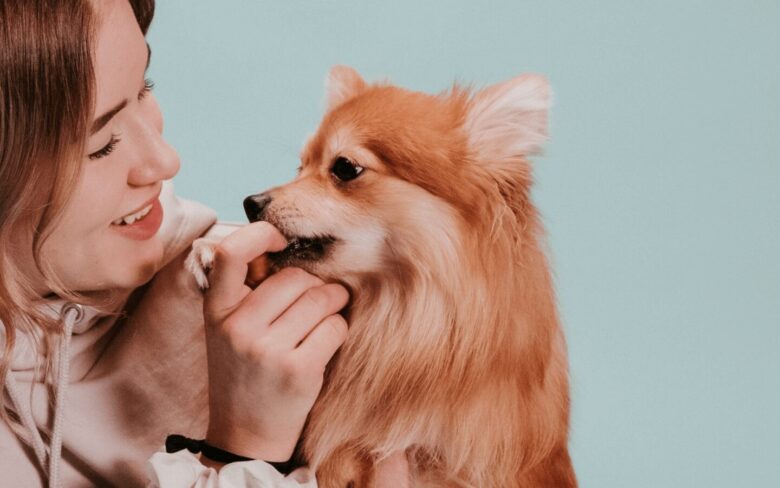
What do you do about it now? is this an indication of your dog’s temperament in the future? Should you keep everything precious stashed away forever? If I haven’t experienced this yet with my puppy, when should I expect it?
Fear not the unknown. The behavior you are seeing now from your puppy is quite normal. The nonstop chewing and weird behavior may just be petculture.com.au.
Dental Timeline for Canines
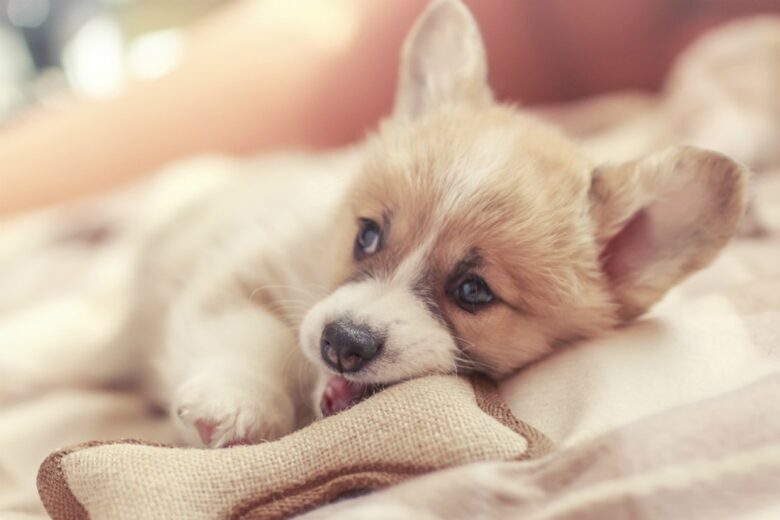
To give you a timeline of when to expect this, lets first run you through the stages a canine goes through in its transition from a puppy to an adult:
From birth to week 2: All gums. If you stick your finger inside the puppy’s mouth, you’d feel its soft, slippery gums
Weeks three to four: Small pointed teeth start to come out
Weeks five to eight: It would take roughly around this time when your puppy would grow very sharp teeth and have a complete set of 28
Weeks nine to fifteen: When these needle-sharp baby teeth fall off as adult teeth start to replace them. Alas, this is the stage that your puppy would start biting everything nonstop.
Months 5 and onwards: Teething continues until around seven months when your dog now has a full set of 43 adult teeth
Puppy teething – symptoms and solutions
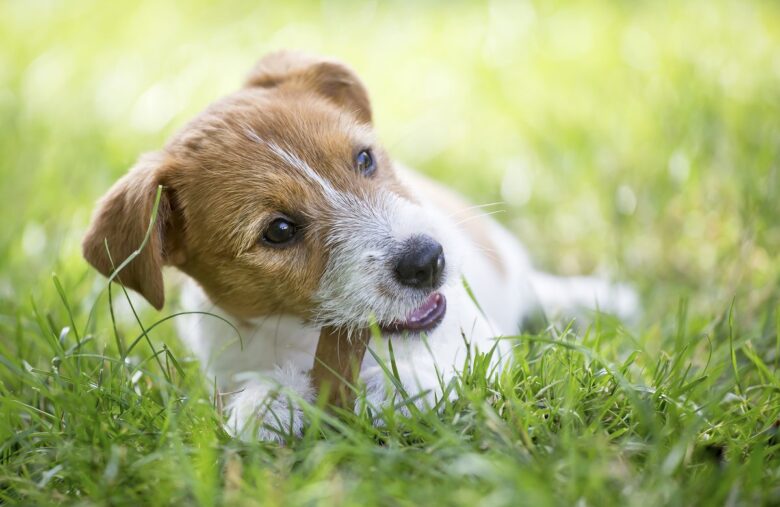
Voracious gnawing
Three months after birth, you would find your quiet, submissive puppy turning to this nonstop chewing package. By nature, canines chew a lot, but you would find that in this stage, there is a remarkable increase in gnawing. This signals the start of her teething stage.
This symptom is the most obvious sign that your puppy is starting to grow its adult teeth. Everything they see and run into gets chewed on- from leg chairs to cabinet corners, to shoes and fabric.
While this may be overwhelming for you, just keep a sharp eye on furniture or things he might get tempted to chew on. Wood is especially appealing to puppies, so keep that Tudor-style cabinet wrapped- at least for a month or so. It will help if you have chew toys that your dog can tear however he wants to. Choose two or three toys, with different textures, so you have an extra if he gets bored playing with just one.
Swollen Gums
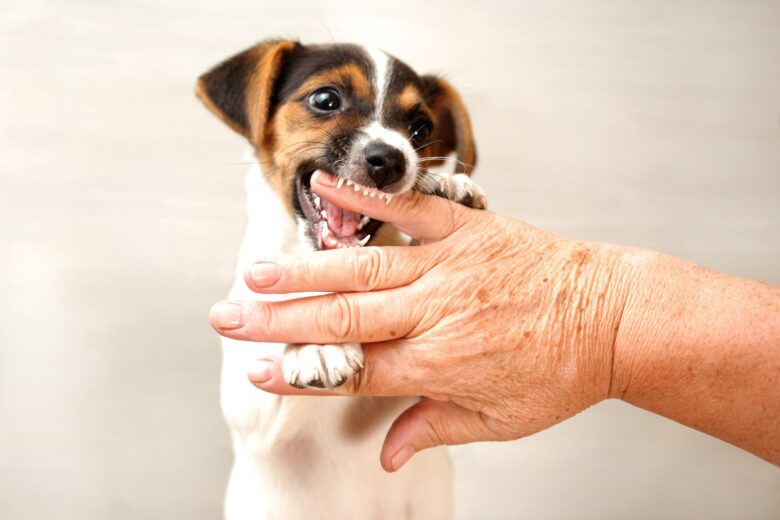
A closer inspection of your puppy’s gums would reveal them to be red and swollen. This is normal as they are working overtime to replace baby teeth with adult teeth that will help your puppy consume more variety of food growing up. And so long as teething is occurring, the gums will remain swollen and sensitive. This may persist for a couple of months. This is normal and to be expected.
You might experience your puppy’s gums bleeding while it is undergoing this stage. This happens when your puppy has just lost a baby tooth. So long as there is just a small amount of blood concerned and your puppy is actively normal, just take note of it and carry on. Any bleeding that seems excessive or beyond normal, consult with your veterinarian.
Decreased/No Appetite or Slow Eating Pace
Another characteristic of teething is when your puppy does not want to eat. With swollen gums and a hurting mouth, your puppy might feel more pain when it’s time to eat. Your puppy may be a voracious eater before but may find finishing the bowl of dog food a big chore. Be patient. Let your puppy take its time eating. Do not stress it any further by pressuring it to eat more. There may be times when your puppy misses a meal. It will eat something eventually, do not fret. Give it soft food or consult your veterinarian for other food or supplements you can give your pup.
You might also find some of your puppy’s baby teeth scattered around the house. Some places to look for them would be in the area where your puppy plays with its toys. Baby teeth are often tinted with pink because of the blood from the gums.
More than Average Drooling
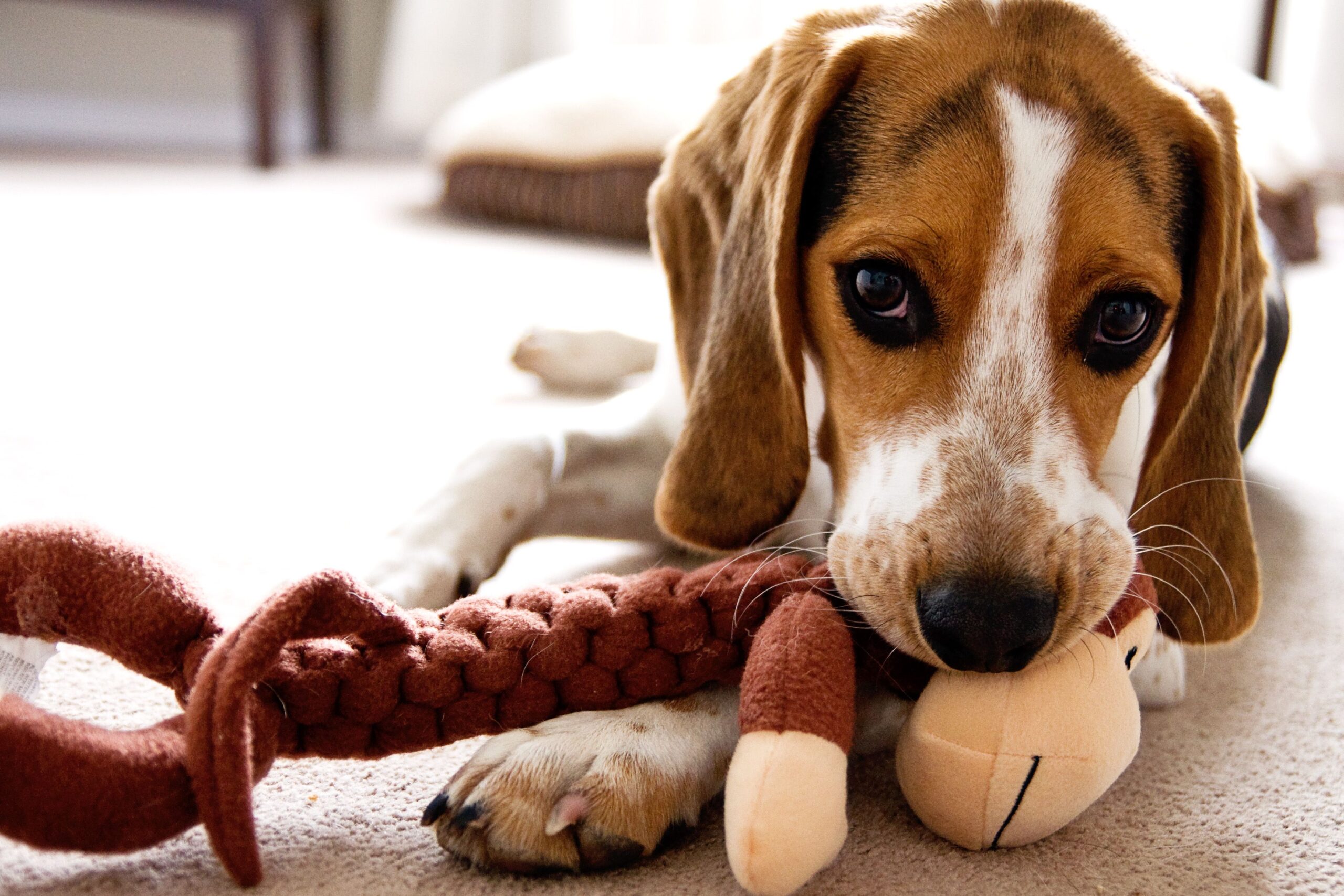
Just like babies, teeth breaking out of gums can cause pain and anxiety with puppies. And just like humans, puppies drool excessively during this time too. Try not to feel mad or frustrated. This too shall pass.
Whining Puppy
When your happy puppy has a sudden bout of whining, pay attention. Like babies, puppies whine. But if you hear your puppy cry more than usual, it means that something is upsetting her. It might be a soft, persistent cry. Especially when the puppy has settled and has no more distractions. It might also happen while eating when the effort of chewing is too painful for your dog.
The Ideal Hooman Companion for the Teething Pup
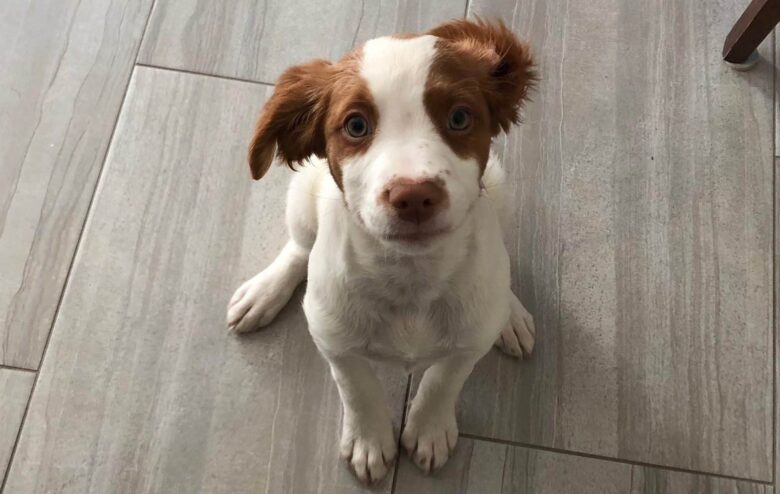
When your puppy is going through this stage, just be observant, be flexible, and be patient. You are now the parent to the puppy you took in, and she will turn to you for care and play. Worry not, when your bundle of joy and energy suddenly turns into this subdued canine. The teething stage will pass, just provide the extra love and attention your puppy will need, and you will be rewarded with a loyal, caring companion.


